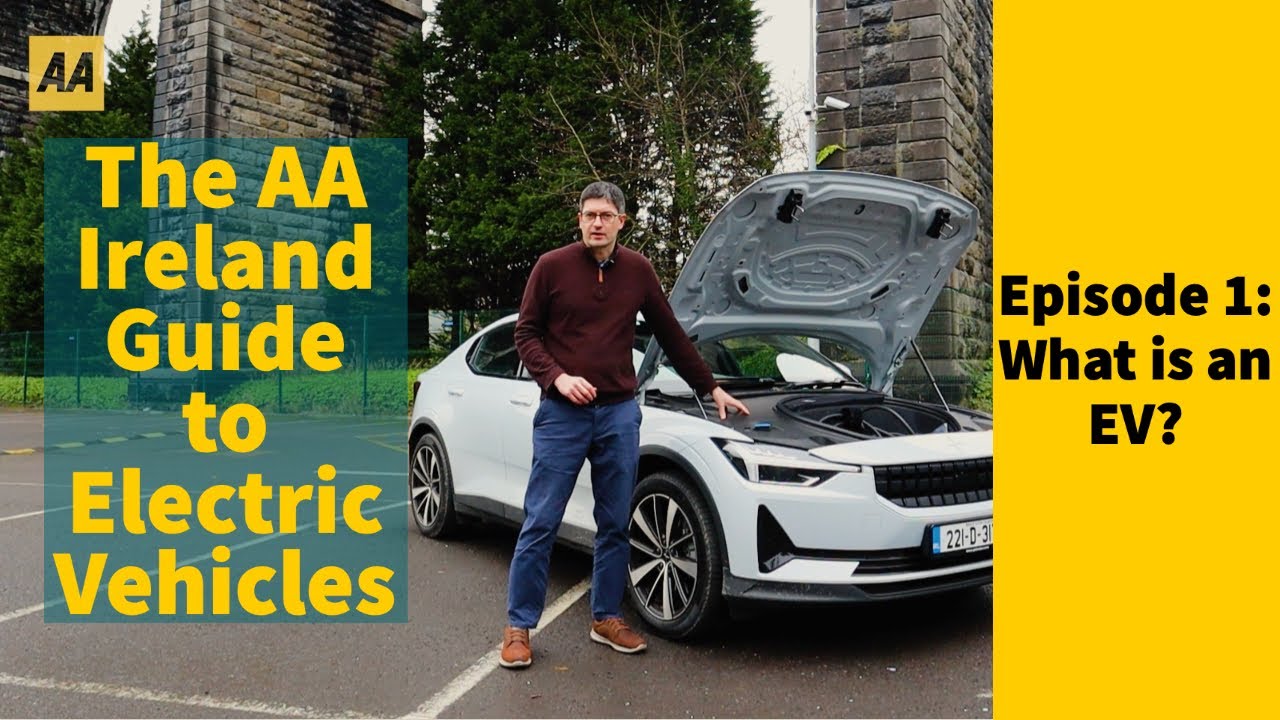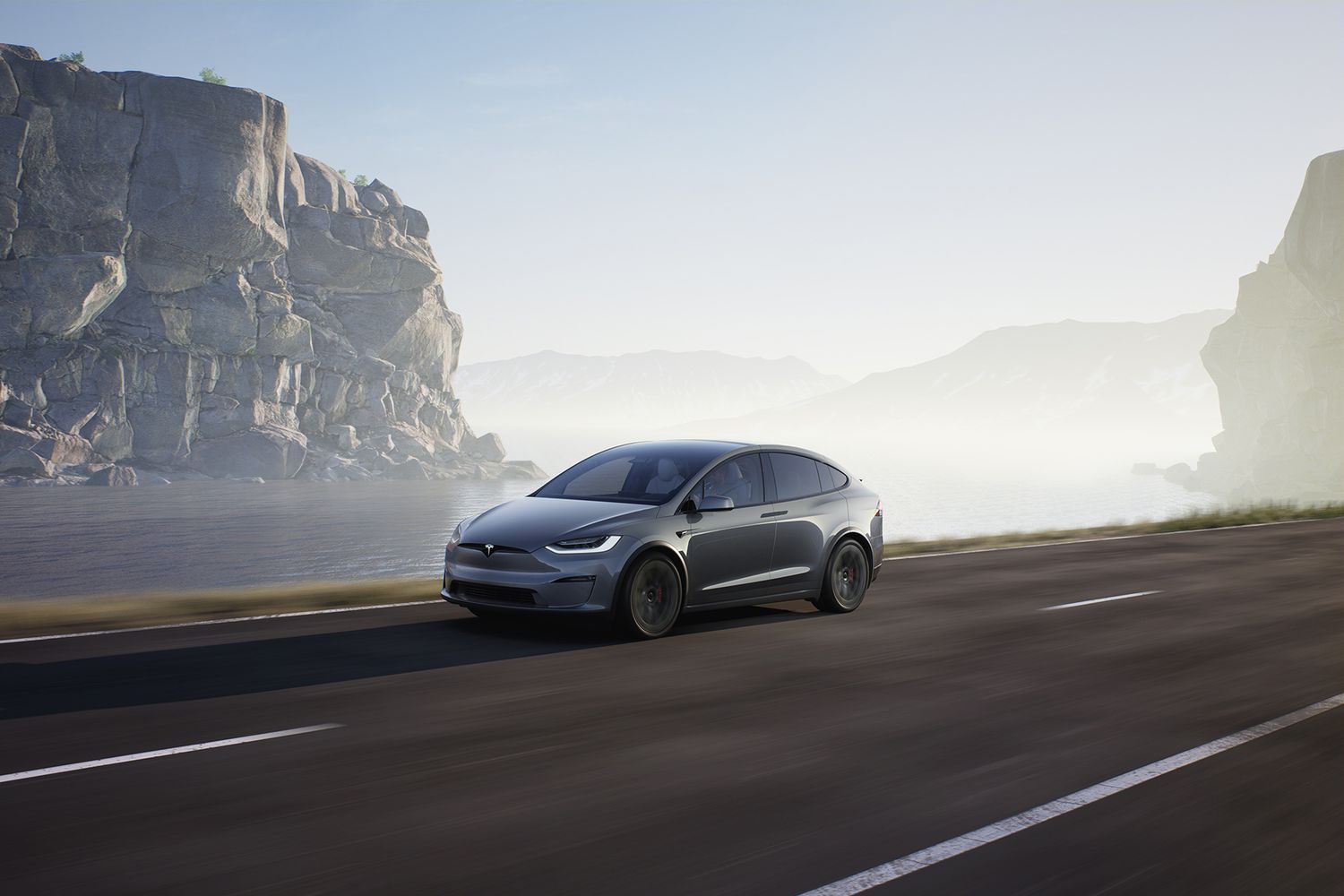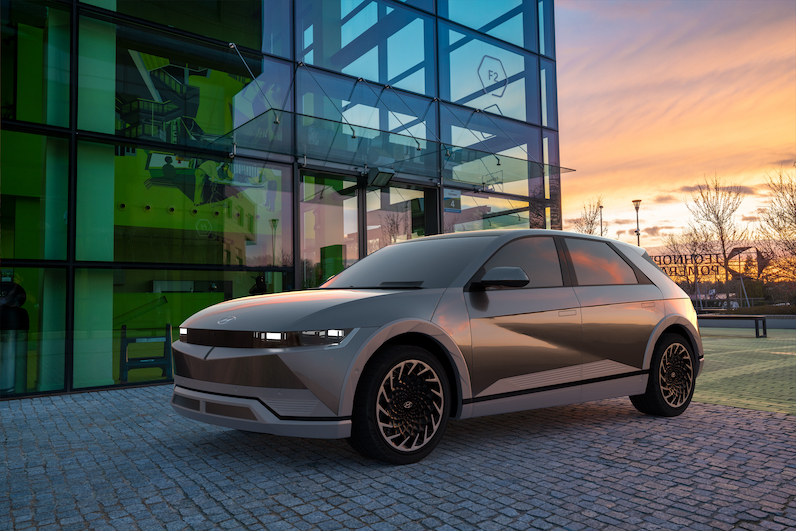
The Road Ahead for Electric Vehicles in Ireland
As we glance at the future of automotive technology, it’s hard to ignore the overwhelming consensus: all cars will inevitably become electric. However, the recent downturn in electric vehicle (EV) sales in Ireland reveals a more complex journey ahead.
One could argue that in a decade’s time, the current dip in EV sales will be viewed as nothing more than a minor setback—an essential blip in what will ultimately become a transition to full electric adoption.
“Diesel’s dead,” proclaimed a striking advertisement from a well-known car manufacturer, urging Irish consumers to shift their loyalty from traditional diesel vehicles to low-emission hybrids. This campaign was effective, as evidenced by the remarkable sales surge of hybrid cars, rapidly closing the gap with diesel sales.
Irish consumers have demonstrated a willingness to adapt when faced with negative press about diesel, but the situation with electric vehicles remains more challenging. Current sales figures paint a daunting picture, and it is vital that we turn this narrative around, especially as we strive to meet critical CO2 emission reduction targets.
 Are electric vehicles ready to take the lead?
Are electric vehicles ready to take the lead?
Current Market Dynamics
So, what does the near future hold for EVs? The answer isn’t entirely clear. While petrol and diesel vehicles will continue to be available, significant regulations are on the horizon. The European Union is pressing forward with a ban on new internal combustion engine sales by the year 2035, but with that date still a decade away, ambiguity lingers.
Data from the Central Statistics Office (CSO) indicates that in 2023, only 14 percent of new car registrations in Ireland were electric—down from 18 percent the previous year. This dip raises concerns about the pace at which the market is evolving, although experts expect that over time, with decreasing costs and improved charging infrastructure, EVs will become increasingly attractive to consumers.
Outlook and Predictions
Phil Barnes, a business development manager at Geotab, highlighted an alarming trend: Ireland’s pace of electric vehicle adoption is lagging behind many European nations. Compounding this challenge, Kevin McPartlan from Fuels For Ireland observed that alternative fuel sources, such as synthetic and biofuels, are likely to remain significant in the motoring landscape.
Notably, industry leaders predict a fundamental shift as climate legislation continues to tighten. John Donegan from Skoda stated emphatically that Irish motorists will soon find themselves with no viable option but to choose between fossil fuel options and zero-emission vehicles.
Helen Westby, managing director at BMW Group Ireland, emphasized the vital role that charging infrastructure plays in the acceleration of electric mobility. She articulated that companies are now being prudent with their commitments toward electrification, reflecting a trend of cautious optimism in the industry.
Emma Toner, marketing director for Opel Ireland, revealed that her company is fully embracing this shift by phasing out petrol and diesel models altogether, aiming to offer only electric options by 2028.
Expanding EV infrastructure is critical for adoption.
The Way Forward
The growth of electric vehicle sales is not just beneficial; it is mandated by legislation and societal demand. However, the speed of this transition significantly hinges on government interventions in terms of incentives, subsidies, and infrastructure development. Without a concerted effort to create an ecosystem conducive to electric mobility, achieving broader adoption may be an uphill battle.
In summary, while the transition to electric vehicles is inevitable, its timeline remains uncertain. The current contraction in sales underscores the need for a strategic approach to foster growth in this critical sector. As the Irish automotive landscape continues to evolve, stakeholders must collaborate to construct a greener, more sustainable future for transportation.
 Looking ahead to a future dominated by electric mobility.
Looking ahead to a future dominated by electric mobility.
In conclusion, for Ireland to successfully navigate the road to electric vehicles, continued investment in infrastructure and an alignment of policies that incentivize EV adoption will be essential. Until then, the journey toward an all-electric future is likely to encounter speed bumps along the way.












